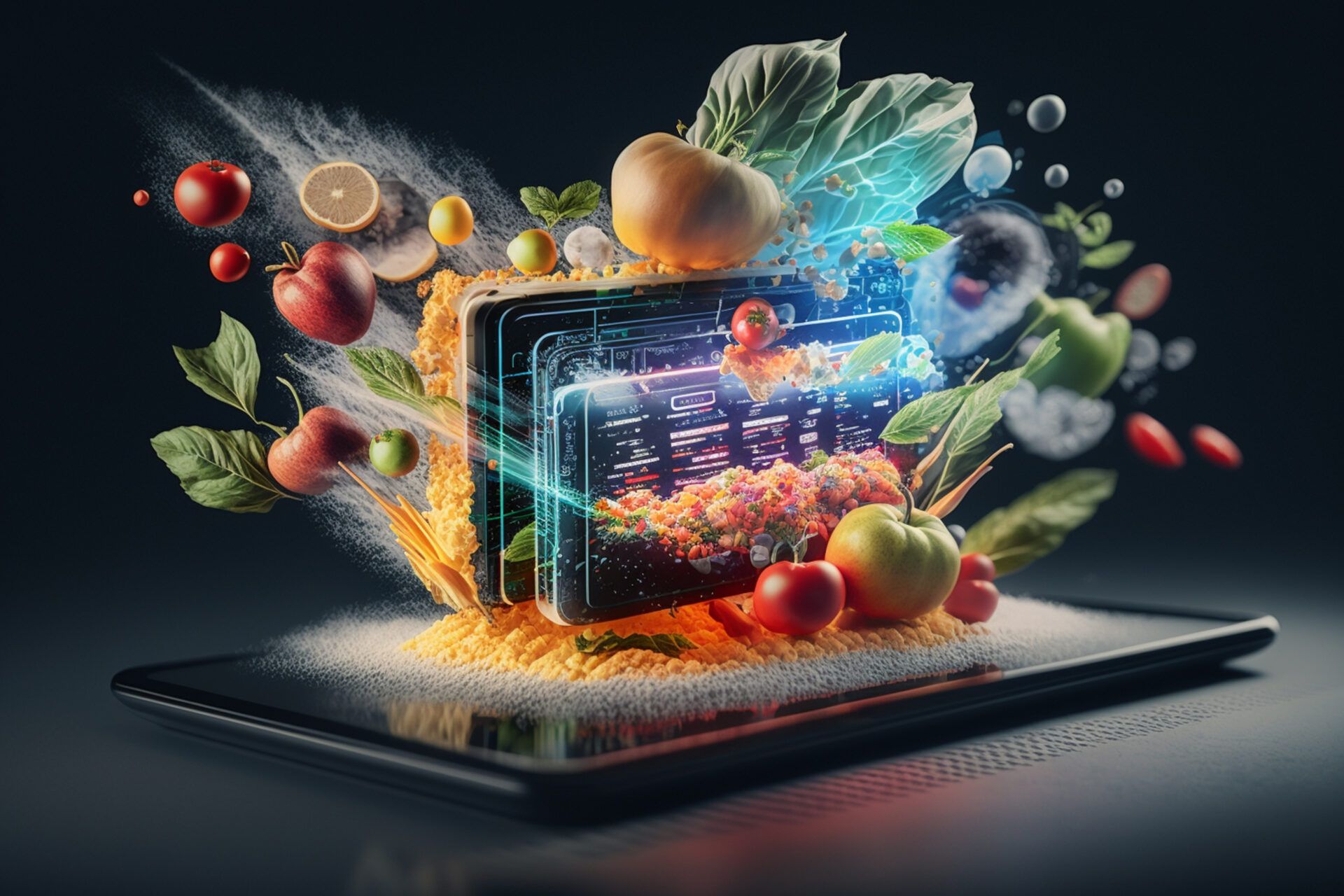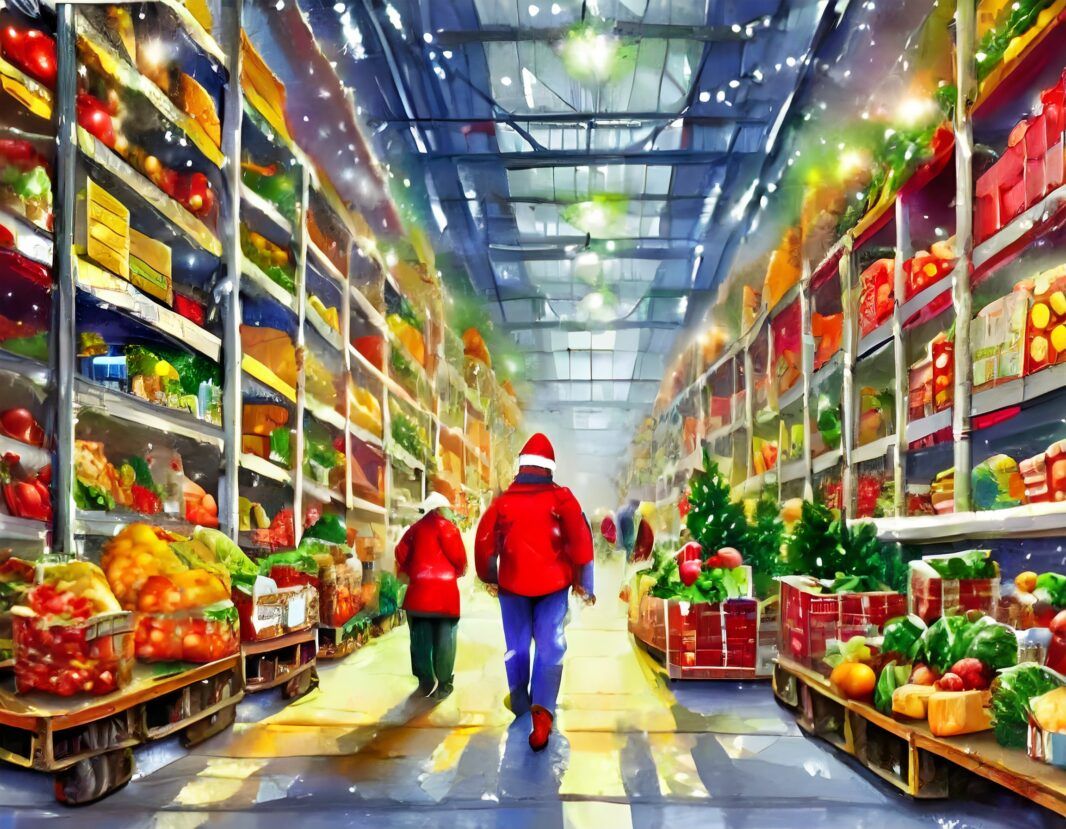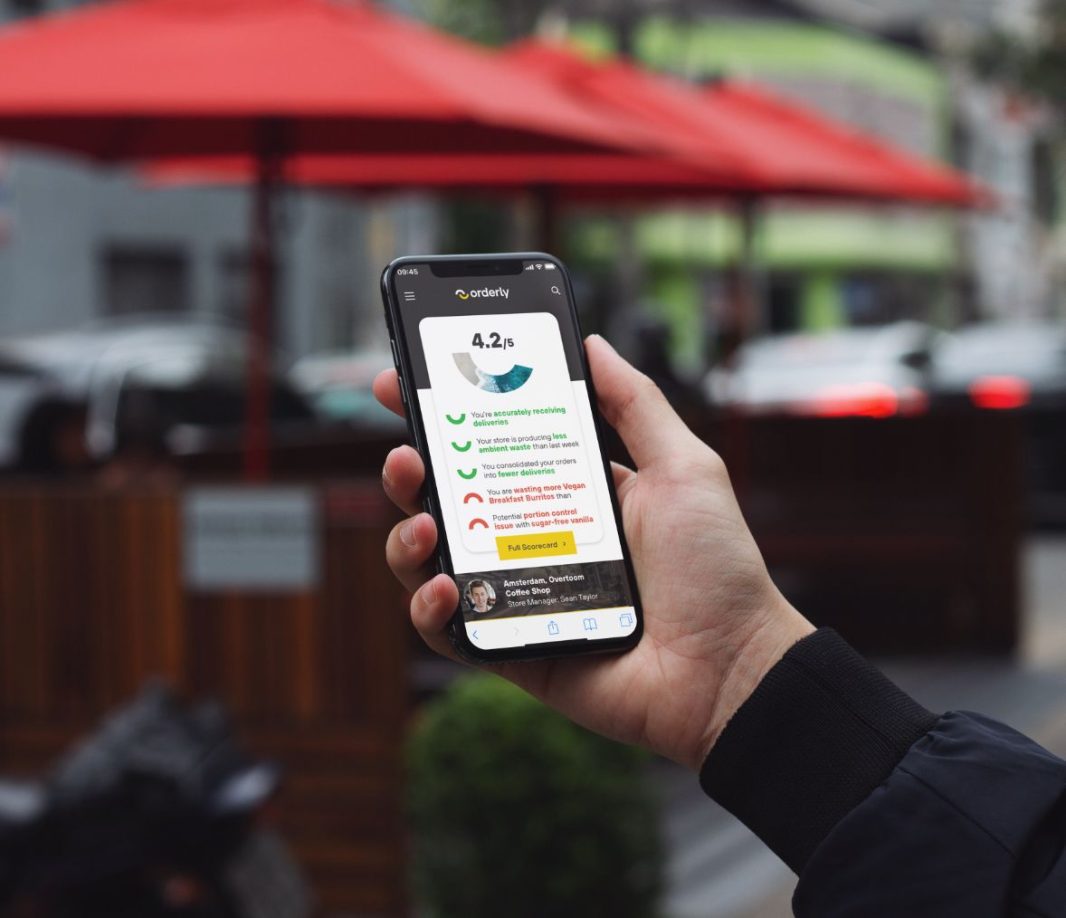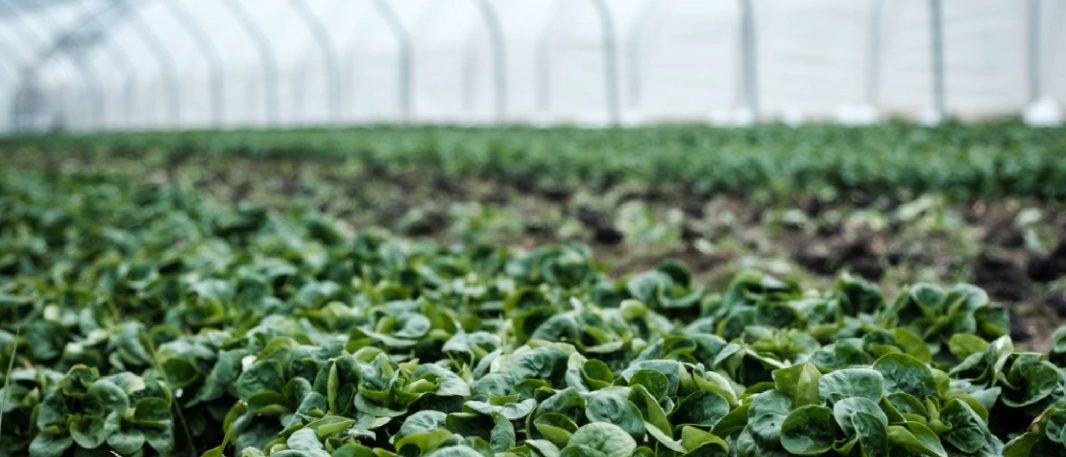Artificial intelligence (AI) has made waves across various industries, and it’s a hot topic on LinkedIn. At Orderly, our supply chain management tool is built on AI, helping food and beverage brands reduce food waste and increase profits. It’s a change we are thrilled to have pioneered. AI is being used more innovatively, from changing quality management and control to operational inefficiency and helping combat rising labour costs. Here are some of the AI technologies already in play.
AI for supply chain analysis
AI brings a comprehensive set of advantages to the table. It meticulously tracks products along the supply chain, ensuring safe and controlled transportation. What does that mean? It’s more potent than simply showing that a van is running late.
The recent Avian Flu outbreak in the United States was responsible for huge costs, estimated to be up to $3 billion, alongside the shortages and exacerbated food prices we’ve all heard of. It is thought that AI, combined with blockchain decentralised tracking networks, could be used in situations like this to collect infectious disease data transparently and reliably and to forecast supply and demand with an optimised food network distribution in the event of such a situation.
Many of us can’t get a whole team of execs on the same spreadsheet. Extrapolated in farming, millions of sole suppliers work with variables like crop diseases and unpredictable weather, causing production variations affecting food supply. AI is ripe for changing this for the better.
Companies like Cynomys are working in this space, analysing and detecting vast environmental parameters like fine dust, ammonia, hydrogen sulfide, and methane to help reduce livestock mortality. Meanwhile, Tortuna AgTech uses AI to offer forecasting accuracy on harvesting and pest control.
AI for tracking
The power of predictive analytics allows AI to proactively identify and address quality issues before they escalate, thus minimising costly disruptions.
Tracking is more than just identifying a simple hiccup; tracking can prevent death, huge legal battles, and brand damage.
AI combined with blockchain is perfectly set up to share real-time information designed around product traceability. Increased transparency across all supply chain stages helps food brands mitigate the risk of expensive recalls….Think horse meat.
Food spoilage is also an area that can be supported, and in tracking, we mean you SHOULD be spoiling it. Take food that needs an optimal temperature. If AI was used to detect that the environmental conditions and temperature requirements had been breached, careers could be alerted to ensure the product never made it into the hands of a consumer. In the USA, brands like TeleSense (now DECCO Post Harvest ) use seniors in their grain storage and transportation to do this.
AI for decisions
AI empowers data-driven decision-making, uncovering trends and insights that drive continuous improvement. It employs predictive measures to forecast potential outcomes, enabling businesses to prepare for unforeseen challenges proactively. At the same time, we love the idea of. Forecasting and predictive analysis take the hard work out of F&B decisions, and not all data is analysed equally. Some brand owners have tested ‘ChatGPT’ and feel AI is restrictive or even an out-and-out liar!
While there are ‘hallucinations’ in AI dialogue, a more reliable source is big data, which transcends traditional forecasting models by incorporating many variables. We designed our systems for Orderly to forecast beyond looking at previous sales patterns. Instead, we wanted to integrate real-time data streams from social media, weather forecasts, and traffic patterns, offering a granular view of potential sales, opportunities and threats.
AI is set only to enhance how this information can be sliced and diced and used to your advantage.
AI for business optimisation
Orderly was designed to reduce food waste, and one of the leading causes in the food and beverage sector is inefficient inventory management, inaccurate demand forecasting, and other human, preventable factors. That’s why most people come to us, not just for the tool of ‘AI’ but for business optimisation.
When it comes to food waste, we know the facts. Simple, regular, live feedback helps make tangible changes. Coupled with AI generative insights, it becomes something anyone can apply. After all, the greatest way to make a change is by small steps daily.
The Orderly scorecard is the best AI tool to help reduce food waste via accurate demand forecasting, inventory optimisation, and expiration date management, but that’s just the start.
Is it your turn to see the future?
See for yourself how AI is being used by leading F&B brands to enhance and optimise every area of their business.







